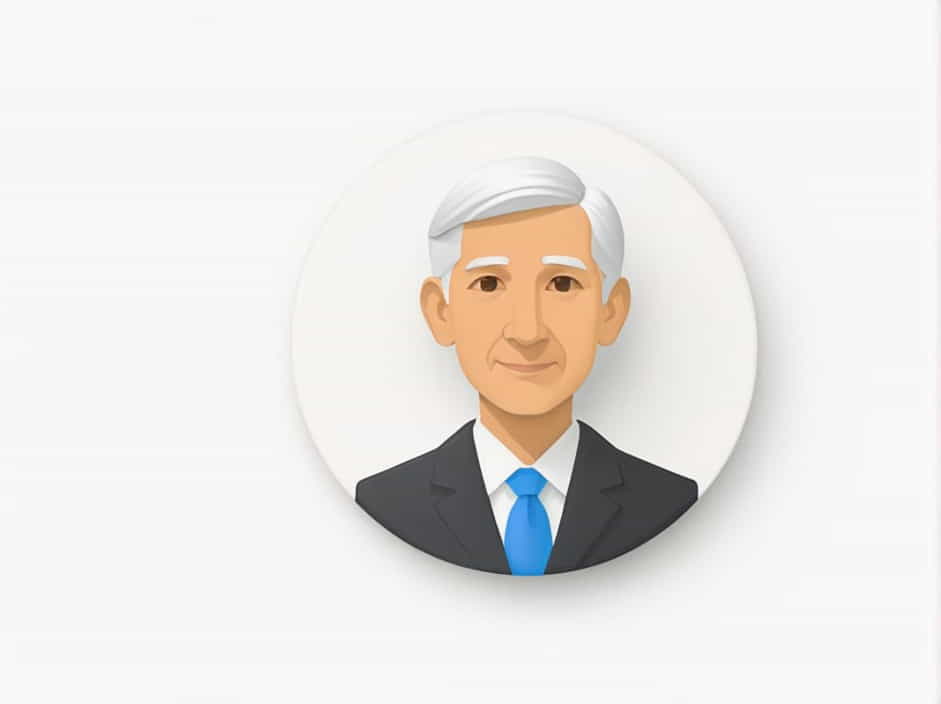Loyalty is a powerful force in politics and governance. It shapes decisions, strengthens alliances, and influences the future of nations. When a leader commands loyalty, it is often because they embody strength, vision, and the ability to guide their people through challenges.
This topic explores the concept of loyalty to the Chancellor, what it means in the political landscape, and why unwavering support can be both beneficial and controversial.
Understanding Political Loyalty
What Does It Mean to Be Loyal to the Chancellor?
Loyalty to a political leader, such as a Chancellor, goes beyond mere obedience. It signifies trust, belief in their policies, and commitment to their leadership. Supporters and officials who stand by the Chancellor often do so because they see them as the best person to lead a nation through difficult times.
Loyalty can manifest in different ways:
-
Public support – Defending the Chancellor’s policies in debates and media discussions.
-
Policy alignment – Working to implement the Chancellor’s vision and agenda.
-
Political unity – Strengthening the ruling party or administration by minimizing internal conflicts.
Why Do People Pledge Their Loyalty?
There are several reasons why individuals, including government officials, party members, and citizens, pledge their loyalty to the Chancellor:
-
Strong leadership – A Chancellor who demonstrates decisiveness and competence naturally earns loyalty.
-
Shared political ideology – When policies align with personal or party beliefs, loyalty follows.
-
Strategic alliances – Political figures often remain loyal for mutual benefit and long-term stability.
-
National interest – Some believe that a unified government under strong leadership is best for the country.
The Role of the Chancellor in Governance
Responsibilities of a Chancellor
A Chancellor, as the head of government, holds significant power and influence. Their role typically includes:
-
Setting national policies and leading the legislative process.
-
Managing economic strategies to ensure stability and growth.
-
Representing the country in international affairs and diplomacy.
-
Ensuring national security and responding to crises.
Loyal supporters help the Chancellor achieve these objectives by advocating for their policies and working towards their success.
Challenges Faced by the Chancellor
Despite their authority, Chancellors face numerous challenges that test their leadership and the loyalty of their allies:
-
Opposition pressure – Political rivals constantly challenge policies and decisions.
-
Public scrutiny – Media and citizens hold leaders accountable for their actions.
-
Internal party conflicts – Differences within the ruling party can threaten stability.
-
Economic and social issues – Managing crises, from economic downturns to public unrest, requires strong governance.
The Debate Around Loyalty in Politics
Blind Loyalty vs. Critical Support
Loyalty in politics is often debated. Some believe in absolute loyalty, while others argue that constructive criticism is essential for good governance.
-
Blind loyalty can lead to unchecked power, where followers refuse to question the leader’s decisions.
-
Critical support allows for debate and improvement while maintaining trust in the leader.
The best form of loyalty balances commitment with accountability, ensuring that policies serve the people’s best interests.
Historical Examples of Loyalty to Leaders
Throughout history, political figures have inspired strong loyalty:
-
Otto von Bismarck – Germany’s first Chancellor, known for his unification efforts and strategic governance.
-
Winston Churchill – As Britain’s Prime Minister, he commanded loyalty through his leadership during World War II.
-
Angela Merkel – Germany’s long-serving Chancellor, respected for her stability and economic policies.
Loyalty to these leaders shaped nations, proving how powerful a Chancellor’s influence can be.
Why My Loyalties Lie with the Chancellor
Trust in Leadership
A strong leader is essential for stability. The Chancellor has demonstrated the ability to lead effectively, make difficult decisions, and uphold national interests. Trust in leadership is a major reason for my loyalty.
Alignment with Policies
Supporting the Chancellor is not just about personal loyalty-it is about believing in their policies. Whether it is economic reform, foreign relations, or social initiatives, their vision aligns with the nation’s needs.
Commitment to National Progress
Loyalty is not about personal gain; it is about ensuring that the country moves forward under strong leadership. Standing by the Chancellor means supporting the policies that benefit citizens.
The Future of Political Loyalty
Will Loyalty to the Chancellor Last?
Political loyalty is not permanent. It depends on leadership effectiveness, public perception, and political circumstances. A Chancellor who maintains:
-
Transparent governance
-
Effective policies
-
Strong public engagement
…is more likely to retain loyalty from supporters.
The Role of Citizens in Political Loyalty
Citizens play a key role in determining how long a Chancellor can command loyalty. Their support, votes, and engagement in political discourse shape the government’s future.
Loyalty to the Chancellor is a matter of trust, policy alignment, and national interest. While absolute loyalty can be risky, critical support ensures that leadership remains accountable and effective.
A strong Chancellor needs both loyalty and constructive feedback to govern successfully. As long as the Chancellor upholds their duties with integrity and commitment, my loyalty remains firm in the pursuit of a better future for the nation.
